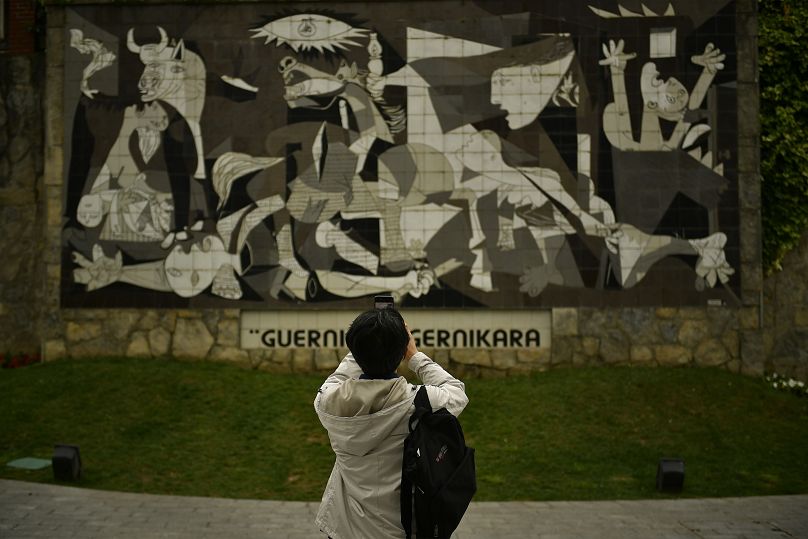The Spanish government has been criticised for its plans to “decolonise” the nation’s museums.
Ernest Urtasun, the minister of culture for Spain and member of the country’s Socialist-led coalition government, announced that they would review the 17 state-run museums to “overcome a colonial framework or one anchored in gender or ethnocentric habits that have so often damaged how we see heritage, history and artistic legacies.”
 ADVERTISEMENT
ADVERTISEMENT
 ADVERTISEMENT
ADVERTISEMENT
It’s a move consistent with many other nations’ state-run museums. Analysing the art and heritage objects for the historical baggage of European colonial nations is an act of creating a more honest and historically accurate narrative around purported national treasures.
The same open discussion has taken place at the Metropolitan Museum of Art in the US, the Nationaal Museum van Wereldculturen in the Netherlands, and in many National Trust buildings in the UK.
Like in the UK though, where the National Trust choosing to educate visitors on their heritage building’s historical ties to slavery has prompted outroar of “lecturing” and “identity politics” by the governing right wing Conservative Party, the Spanish government’s intention to do similar with its state-run museums has generated criticism from the right.
Main opposition party, the People’s Party, head of cultural affairs Borja Sémper accused Urtasun’s initiative as “a debate forcibly imported … from the extreme left or woke left”. Going further than Sémper, the hard-right Vox Party called Urtasun a “hispanaphobe”.
Arguments from the right of Spain’s political spectrum have largely centred around the idea that the left want to tarnish the county’s image and tear down museums, censoring the great art and culture it has produced.
Ironically, it’s the right that has arguably been the censorious one. The Vox Party successfully stopped the annual Periferias Festival in Huesca dedicated to Gypsy culture because it “serves only to shower arty-farty trendy lefties with thousands of euros”. They have also been accused of stopping a production of Virginia Woolf’s ‘Orlando’ for its gender-shifting themes.
“You accuse us of censorship when you – the ‘woke’ left – are the champions when it comes to censorship,” Vox’s culture spokesperson, Joaquín Robles said.
While the Spanish right have got up in arms at the mere thought of intellectual discussion of the country’s colonial past and its relation to national museums, Urtasun has argued the reviews are meant to target attempts to censor art.
“Protecting culture and understanding its relevance in building an equal society means protecting democracy, fundamental rights and freedoms and the welfare state,” said Urtasun.
One of the country’s biggest museums, the Prado, has already been engaged in decolonial work since 2021, where exhibitions have featured native Latin American works that have been overlooked by the country’s cultural institutions.
It’s an important step for a nation whose colonial history encompasses one of the largest empires in history and the conquering and decimation of entire cultures in South America.
Yet, “do you know how many universities Spain founded in Spanish America?” Vox’s Robles asks. “More than 27! What about all the cathedrals? The people who lived there had the same rights that the Spanish had in the viceroyalties. Spain never had colonies. That’s part of the Black Legend that you manifestly appeared to have internalised.”











